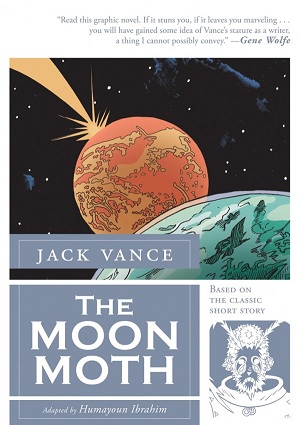
Intrusion
Ken MacLeod
387 pages
published in 2012
Over the past five years Ken Macleod has written a series of standalone novels that each in their own way have dealt with the post-9/11, post-War on Iraq 21st century and what it might evolve into. Intrusion is the latest in this series. Where MacLeod had always been a politically minded writer, his last few novels (The Execution Channel, The Night Sessions and The Restoration Game) were all directly rooted in current political realities, especially the socalled War on Terror. Intrusion continues this trend, but this time swapping the War on Terror with the nanny state.
And at first Intrusion feels like a novel from an alternate universe, one in which Labour didn’t lose the elections and had continued on its pre-9/11 social engineering course rather than by distracted by Blair’s foreign crusades. Britain’s nanny state has been turned up to eleven, driven by ubiquitous realtime surveillance and monitoring technology and increasingly finetuned social law. MacLeod has taken everything New Labour and the ConDem coalition have been guilty off in the past decade and a half regarding tackling socalled social problems: increasingly absurd health and safety laws, the liability adverse local bureaucracies, the enthusiasm to seek technofixes for ingrained social problems, the idea that you can force or nudge people into healthier lifestyles through banning or taxing their vices and extrapolated what it would look like a generation or so into the future. It’s a world in which most women wear monitor rings to make sure they’re not pregnant and if they are, are not smoking or drinking or going to places where toxins might be that could harm their unborn child, where ipso facto most women work at home as so many workplaces are not safe for their (potential) offspring due to e.g. trace remnants of cigarette smoke.
